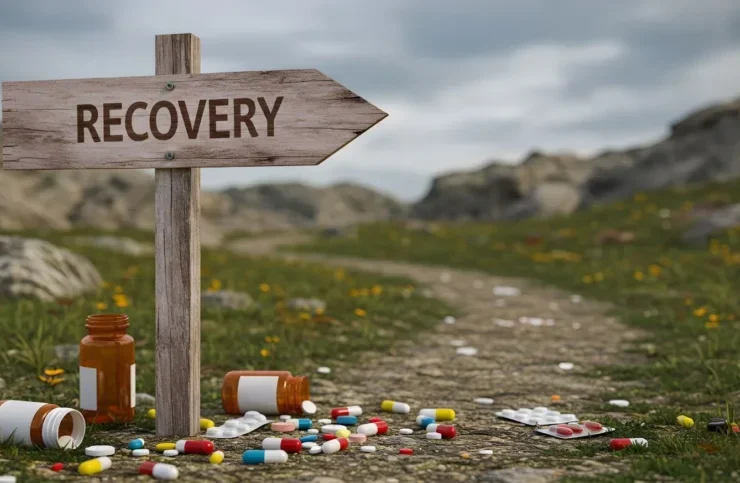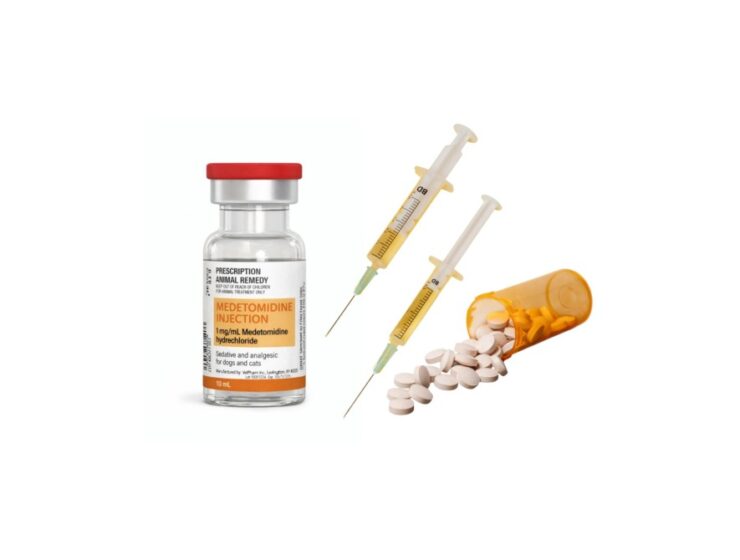Blog

How Long Does It Take to Break an Addiction?

Neurofeedback for Addiction

The Impact of Family Therapy for Addiction Recovery

Medetomidine- yet another drug adulterant being found in the Midwest illicit drug supply

Choosing The Right Therapy for Addiction
Resources
Our drug and alcohol detox and rehab centers provide addiction treatment services for the Midwest US region, regularly treating individuals struggling with substance abuse in the region, including Ohio, Illinois, Pennsylvania, Michigan and the entire state of Wisconsin, including:
Brookfield WI detox and rehab, Appleton WI detox and rehab, Beloit WI detox, De Pere WI detox, Franklin WI detox, Eau Claire WI detox and rehab, Fitchburg WI detox, Fond du Lac WI detox and rehab, Green Bay WI detox and rehab, Greenfield WI detox, Hartford WI detox, Janesville WI detox and rehab, Kenosha WI detox and rehab, La Crosse WI detox, Madison WI detox and rehab, Manitowoc WI detox and rehab, Menomonee Falls WI detox and rehab, Mequon and Ozaukee WI detox and rehab, Middleton WI detox, Milwaukee WI detox and rehab, Mount Pleasant WI detox, Neenah and Winnebago WI detox and rehab, New Berlin WI detox and rehab, Oak Creek WI detox, Oconomowoc WI detox and rehab, Oshkosh WI detox and rehab, Port Washington WI detox, Racine WI detox and rehab, Sheboygan WI detox and rehab,
Stevens Point WI detox, Sun Prairie WI detox and rehab, Superior WI detox, Union Grove WI detox, Watertown WI detox, Waukesha County WI detox and rehab, Waukesha City WI detox and rehab, Wausau WI detox, Wauwatosa WI detox and rehab, West Allis WI detox and rehab, West Bend WI detox, and Whitewater WI detox.

